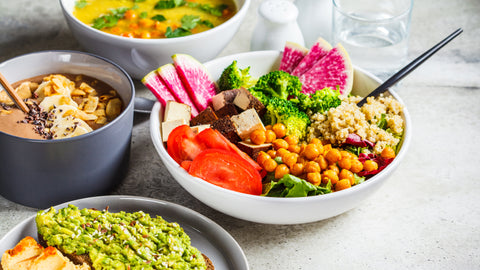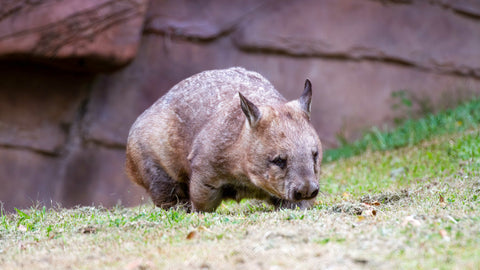There’s no denying that in recent years, the food industry has undergone remarkable transformations. From the rise of plant-based meats to the surge in non-dairy milk options - we've been so lucky to witness a culinary revolution. Now, brace yourself for the latest trend set to grace your local grocery store shelves... algae-based ice cream!

Sophie’s Bionutrients
That’s right, you heard us correctly, we said algae ice-cream. Let us introduce you to Sophie's BioNutrients, a pioneering food tech company dedicated to creating 100% plant-based and sustainable alternative proteins. We are thrilled to hear that they are venturing into the exciting world of vegan ice cream, crafted from chlorella - a plant-based protein source derived from microalgae.
The aim of making ice-cream in this way, is to help bring enough global supply to increase the availability of sustainable foods and microalgae is the perfect sustainable option. Let’s understand how it’s made!

How Do They Make Algae Ice Cream
Admittedly, the thought of algae-based ice cream may not immediately be music to our ears, but consider this: once it's transformed into a fine powder and expertly blended with a host of other delightful ingredients, the result is a delectable treat that paves the way for a more sustainable food future!
This vegan ice-cream from Sophie’s Bionutrients is made from chlorella protein, which is crafted by naturally cultivating chlorella vulgaris, utilising bioreactors, minimal water, and repurposed local food waste like spent grains and okara. This process ensures that the resulting algae-based ice cream not only replicates the texture of traditional treats but also delivers a nutritionally complete profile, rich in essential nutrients such as B12 and iron. The best part is – they can be made into various flavours!
The Benefits Of Using Algae In Food
Unlike traditional dairy-based ice cream, which demands a considerable 0.7 square meters of feed space per dairy cow, microalgae cultivation offers a more sustainable solution, requiring just 0.02 hectares of space.
Did we mention that the microalgae cultivated by Sophie's BioNutrients thrive without the need for fertilizers, herbicides, antibiotics, or other external products to produce their protein? How great is that! This innovative business is dedicated to advancing a circular economy by repurposing spent grains (brewery waste) and molasses (byproduct of sugar refineries).
What’s more is, experts believe that using microalgae could potentially increase global food production by over 50%. It not only provides omega-3 fatty acids that can be found in fish, but it also has minerals and amino acids that are often missing in vegetarian diets.
__________________________________________________________________
What do you think of this algae ice-cream? We’re super excited to see it land on shelves.

